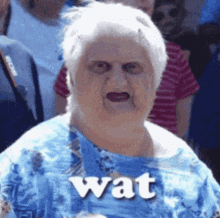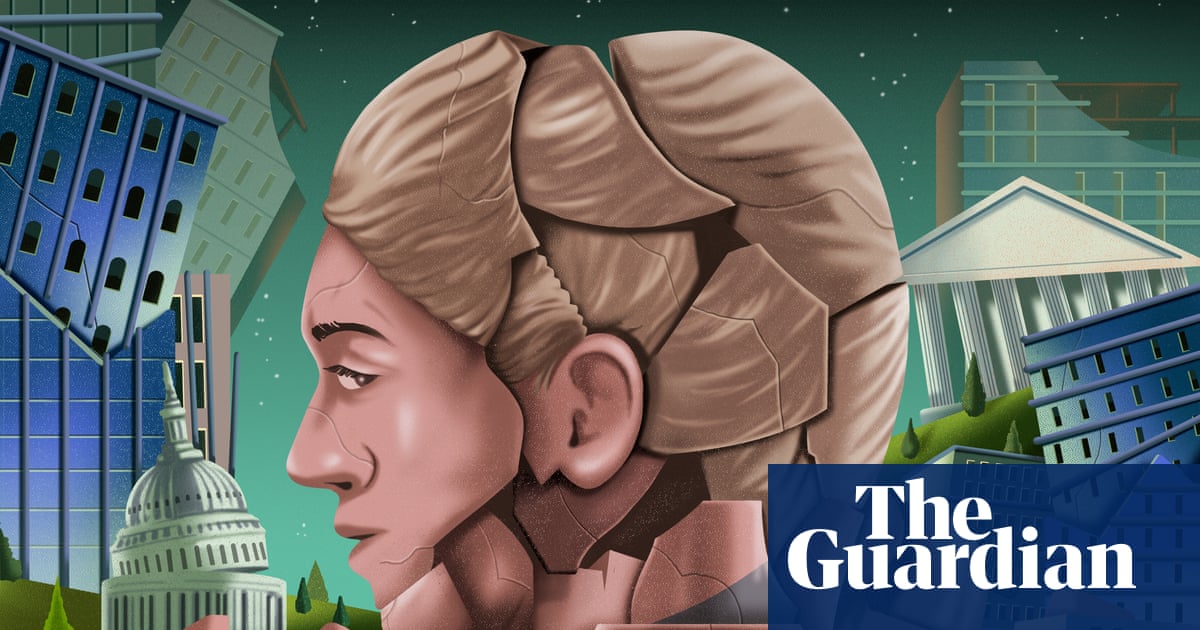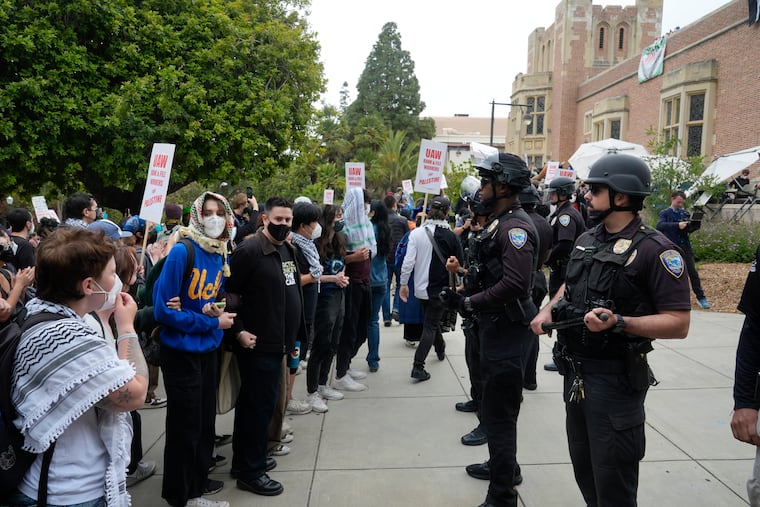The increasing instability of the US’s democratic norms has prompted these references to hypernormalization.
Donald Trump is dismantling government checks and balances in an apparent advance toward a “unitary executive” doctrine that would grant him near-unlimited authority, driving the US toward autocracy. Billionaire tech moguls like Elon Musk are helping the government consolidate power and aggressively reduce the federal workforce. Institutions like the National Institutes of Health, the Centers for Disease Control and Prevention and the Food and Drug Administration, which help keep Americans healthy and informed, are being haphazardly diminished.
Globally, once-in-a-lifetime climate disasters, war and the lingering trauma of Covid continue to unfold, while an explosion of generative AI threatens to destabilize how people think, make a living and relate to each other.
For many in the US, Trump 2.0 is having a devastating effect on daily life. For others, the routines of life continue, albeit threaded with mind-altering horrors: scrolling past an AI-generated cartoon of Ice officers arresting immigrants before dinner, or hearing about starving Palestinian families while on a school run.
Hypernormalization captures this juxtaposition of the dysfunctional and mundane.
It’s “the visceral sense of waking up in an alternate timeline with a deep, bodily knowing that something isn’t right – but having no clear idea how to fix it”, Harfoush tells me. “It’s reading an article about childhood hunger and genocide, only to scroll down to a carefree listicle highlighting the best-dressed celebrities or a whimsical quiz about: ‘What Pop-Tart are you?’”
In his 2016 documentary HyperNormalisation, the British film-maker Adam Curtis argued that Yurchak’s critique of late-Soviet life applies neatly to the west’s decades-long slide into authoritarianism, something more Americans are now confronting head-on.
“Donald Trump is not something new,” Curtis tells me, calling him “the final pantomime product” of the US government, where the powerful are abandoning any pretense of common, inclusive ideals and instead using their positions to settle scores, reward loyalty and hollow out institutions for personal or political gains.
Trump’s US is “just like Yeltsin in Russia in the 1990s – promising a new kind of democracy, but in reality allowing the oligarchs to loot and distort the society”, says Curtis.











